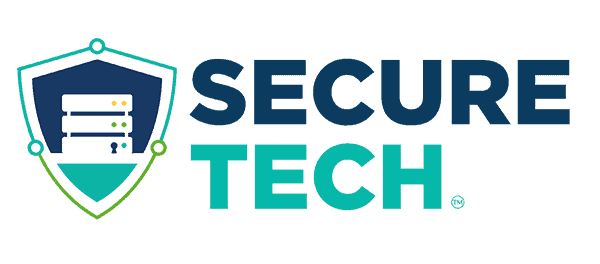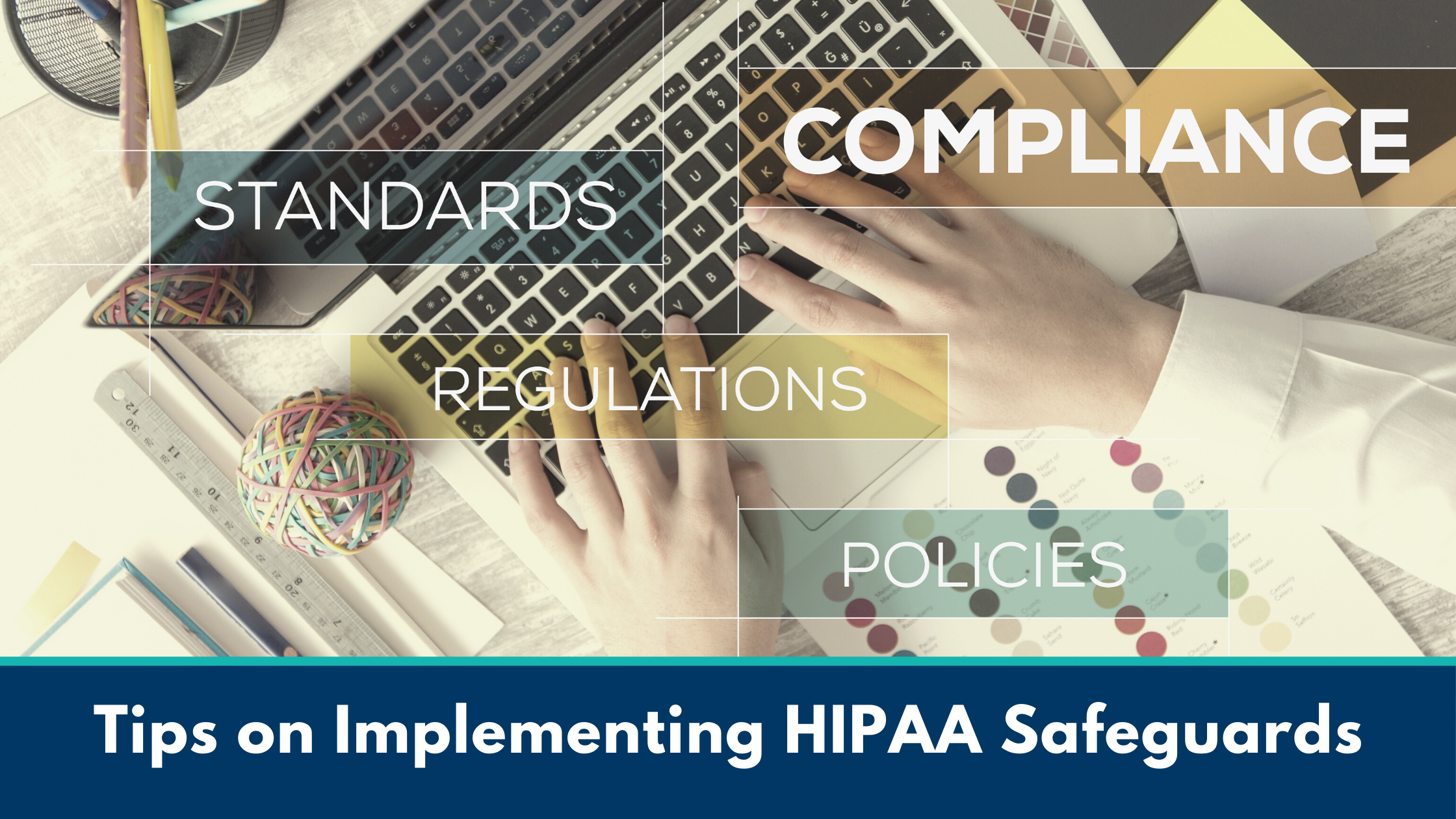The world is full of patients and medical institutes, and it’s the duty of healthcare care workers to protect their data. That’s where HIPAA comes into play.
Missing a single piece of HIPAA compliance can result in gaping security holes that any data thief would be happy to exploit. But what is HIPAA and how can you implement it?
What is HIPAA compliance?
HIPAA stands for Health Insurance Portability and Accountability Act. HIPAA compliance sets guidelines for the protection of client’s data. It is an important agreement that the all-healthcare workers have to follow.
It sets the basis for what rules and regulations your physical network must comply with, including the providing of treatment, ability to receive payments, and perform operations in healthcare.
HIPAA compliance isn’t just required for healthcare facilities. Any business that deals with the taking and storage of Protected Health Information (PHI) must comply with HIPAA regulations. This includes insurance agencies, medical billing companies, and any service a healthcare business might employ such as Managed Service Providers, consultant, data processing companies and more. And it is similar for the companies that have the chance to go through the data and patient information. If your business comes into contact with any kind of PHI, you must be compliant or face hefty fines.
HIPAA mainly sets guidelines for the secure storage of data and the best technologies and methods of storing it.
How to be HIPAA compliant?
Though it might seem tedious to adhere to certain security measures, HIPAA actually makes the process much easier. By setting out distinct guidelines and requirements, you know exactly what’s needed to keep your patients’ data safe.
The first thing to understand is the importance of HIPAA compliance. Today, during times of fraud, black marketing, money laundering, etc. data hacking is incredibly common. Medicine, in particular, has a higher chance of being targeted by hackers because that patient can be sold easily on the black market.
We have a number of tips for businesses that need to be HIPAA compliant.
Sketch out the privacy and security amendments for the institute to become HIPAA compliant.
It is important to take all precautions and have a process in place to help ensure compliance.
- HIPAA procedures should be established and practiced so everyone knows what’s expected of them to maintain security.
- Employees should understand fully the extent of security measures they need to undertake and the consequences of data breaches.
- You should be able to easily prove that you have maintained HIPAA compliance through every process in your business. This is essential if you ever have a breach or get audited.
- Hiring a Service that specializes in HIPAA Compliance
Without having a team dedicated to maintaining your network’s HIPAA compliance, it can be difficult to maintain. In order to take the burden of constantly checking, enforcing, correcting, etc. off your shoulders, consider working with an MSP (Managed Services Provider) to make sure you’re operating in compliance.
- These providers make sure that the HIPAA guidelines are being followed.
- They carry out daily rounds of checking that established security measures are in place and operational.
- They monitor the proper implementation of the rules and guidelines.
- They should schedule training and certification sessions that review the rules of HIPAA compliance.
- They should perform audit checks to ensure that systems and data are being secured according to compliance rules.
Conduction of risks programs and self-round checks
Another way to become HIPAA compliant is to conduct sessions regarding the risks of the violation of HIPAA rules. It is important to educate your staff and workers what might happen if they do not maintain compliance standards.
Try to set the bar of work morals and ethics. It helps the workers to abide by the laws and rules of HIPAA compliance. Other than this, there can be self-audits to check for process holes and fix them before they become a problem.
A useful way to conduct these audits is to pass surveys out to your employees to make sure they understand why a rule must be followed and the consequences of failing to do so.
Do not ignore any suspicious activity since it can be against the rules of HIPAA compliance. Hence, the self-audit checks and conduction regarding the risks for not following HIPAA rules can be beneficial.
Documentation is very important.
To become HIPAA compliant, it is essential to keep thorough documentation. Should your business be audited for compliance, complete documentation of your processes can mean the difference between crippling fines or a slap on the wrist.
What Are the HIPAA Rules?
To implement the HIPAA and practice it, you need to follow some of the HIPAA rules. The basic HIPAA rules are stated below.
- The Privacy rules
HIPAA’s first and foremost rule is the privacy rule which covers which entities are required to follow them. This rule also outlines patient rights to access their records and have copies of their data. It helps make sure that any kind of PHI is properly secured to protect it from data leakages and identity theft.
- Security rules
The security rule maintains and upgrades the standards of security protocols. This is associated with keeping the data electronically secured. Such policies help in ensuring the patients’ PHI is safe and provides patients with a level of trust.
- Transaction rules
The transaction rule involves the ICD-9 transaction codes, ICD-10, HCPCS, CPT-3, CPT-4, and NDC. These codes are used for promising the safety and security of data files. This transaction makes sure that only those who know the code of transactions can have access to the data of clients and patients. This is a very effective way of protecting customers, clients, or patient’s data.
Tips on Implementing HIPAA Safeguards
- Prevention of security risks
The first tip on implementing the HIPAA safeguards is to look after the security risks. Make sure to watch out for the PHI breaches. Follow the basic steps that should be taken to prevent the hacking or loss of patient data.
- Set up the hotline servers
The other way to implement HIPAA safeguards is to set up the hotline server. The hotline servers can be used to take the calls which are related to HIPAA compliance.
- Verification of the code conduct
It is important to make sure you know the code conduct, and verify that they are correct under the criteria of HIPAA compliance. If the HIPAA rules are not followed, then action must be taken to correct them.
- Investigate complaints
It is important to investigate the complaints. Make sure to look after any activities which can be suspicious and try to conduct sessions where you can instruct your employees of HIPAA guidelines and how to keep them.
- Ensure your technology is working
The other way to implement the HIPAA safeguards is to make sure the laptops and computers are working. A workstation that isn’t working properly can cause security protocols to fail. Safe and protected devices prevent the data from being leaked or hacked by malicious actors.
- Engage outside experts
To implement HIPAA compliance, it is important to make sure you hire an expert. Without one, following and maintaining the required levels of compliance can be extremely taxing. The experts know how to best implement HIPAA safeguards and verify the security of internal control systems.
- Train your team according to HIPAA guidelines
It is important to train and guide your staff according to the rules of HIPAA. Making sure your employees are properly trained makes following HIPAA guidelines easier.
It’s important to make sure they know the risks and consequences of breaking compliance.
- Documentation is required
To avoid the loss of electronic data, documentation is important. The transfer of data into electronic devices is itself not sufficient. Documentation helps in keeping the record of confidential data.
This can also be used as a copy of data by the officials which authorities can check and confirm that guidelines are being followed.
The rule is simple – protect patient data. Yet, this can be hard since each provider is different. HIPAA for dummies may seem like an easy option, but protecting medical data is not for beginners. Nonetheless, it is tough to know where to start and how to get the job done. This is where a managed service provider (MSP) comes in. An MSP like SecureTech can help you from start to finish.
We will take the time to learn your business to know what areas to focus on and how to secure each one. Located in San Antonio, TX, we can manage the technical details but make it as easy as a HIPAA for dummies book.
SecureTech has years of experience helping our clients become HIPAA compliant. Our HIPAA small business specialists can help you perform risk tests, conduct preventive maintenance, manage remote access and more.
If your business handles medical data, you need to follow HIPAA. Contact SecureTech today to see how we can help!

